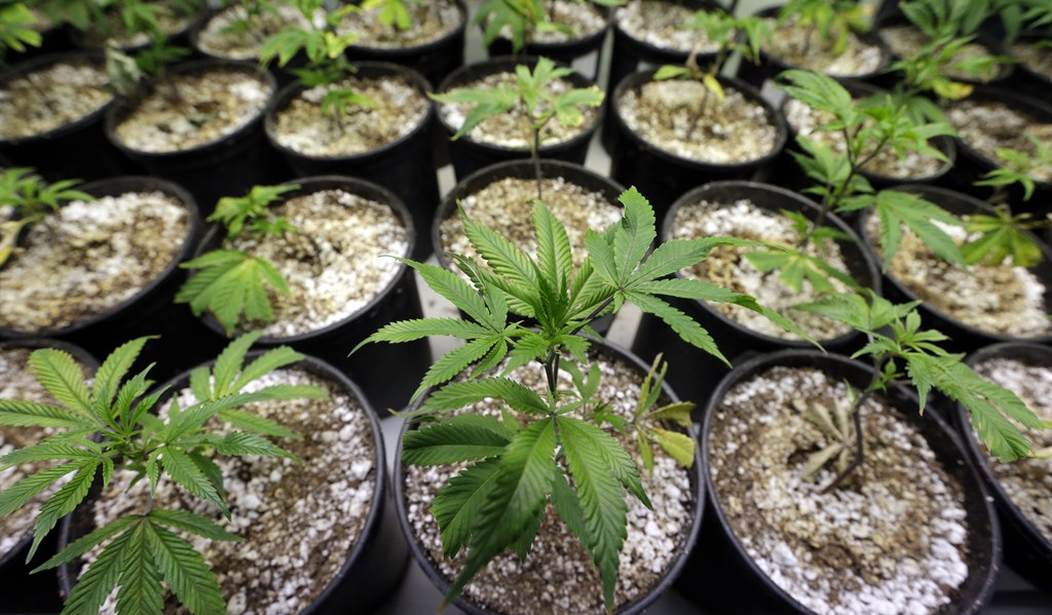My home state of Maine is in the middle of a battle to let voters decide whether or not to allow marijuana to be legalized for recreational use. While there are certainly passionate people on both sides of the issue, there seems to be a lack of desire for honest discussion between the groups. Either marijuana is the best thing ever--or the worst.
Take for instance this exchange printed in the Bangor Daily News yesterday, in which an anti-marijuana legalization speaker described the effects of a "marijuana overdose." According to Bruce Campbell, the clinical director at an addiction treatment agency, it is "a problem" that marijuana overdoses do not resemble overdoses of alcohol or heroin.
(emphasis added)
Campbell also said marijuana overdoses and dependency are possible. The problem, he said, is that marijuana overdoses and dependency do not look the same as with alcohol or opiates.
According to the CDC, one in 10 deaths of adults between the ages of 20 and 64 is related to "excessive alcohol use." Alcohol, of course, is legal for anyone over the age of 21. Each day, 44 people die from overdosing on prescription opiates, which are, of course, legal. Marijuana overdoses, on the other hand, may cause...panic attacks. (What a shame?)
Campbell also spoke about the dangers of introducing marijuana to the developing adolescent brain, which begs the question as to why doctors are regularly prescribing Adderall, an amphetamine, to children as young as three.
Recommended
The U.S. currently classifies marijuana as a Schedule I drug, which is a higher classification than cocaine or methamphetamine and the same level as ecstasy and heroin. Schedule I classification means that the drug has "no accepted medical use," but I'm willing to place a wager that the parents of epileptics treated with Charlotte's Web would beg to differ. Cannabis is probably not the miracle drug that some claim, but it's ignorant to insist that there is no possible medical use for it.
Still, if anyone tries to advocate any of these very reasonable points, they're shouted down. Marijuana doesn't kill users, is probably safer than drugs regularly prescribed to patients, and may actually have health benefits. Yet meddling Congressmen afraid of the left handed cigarettes have no issues with shutting the discussion down entirely.
Pro-legalization advocates, I'm not letting you off the hook either.
Cannabis is not an economic miracle, nor is it a medical cure-all. Colorado has seen only about $100 million dollars in tax revenue from marijuana sales, a drop in the bucket compared to their $10 billion budget. Still, as Gov. Hickenlooper points out, states shouldn't be legalizing marijuana for the money, but to have fewer regulations.
Further, marijuana is still a drug that people use to get high. It's probably not the best life choice to smoke copious amounts of it on a daily basis, and unless there's a serious medical need, minors probably shouldn't partake as well. This fact also needs to be addressed.
Clearly, the country's attitude on marijuana is changing, and rapidly so. Now all we need is a truly honest conversation about the pluses and minuses of the drug. Until this happens, the legislative and emotional battles will continue.

























Join the conversation as a VIP Member